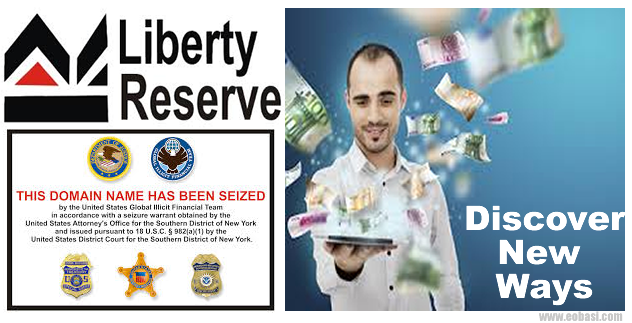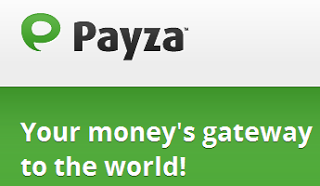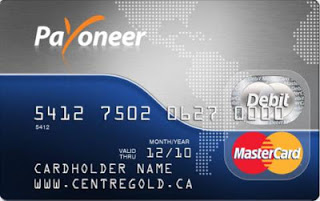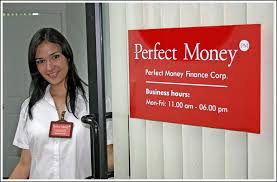The shutting down of libertyreserve by the US government is probably the saddest news any internet marketer would want to hear. Now the question surrounding the whole affaire is why were they shut down? and is there an alternative? I can not give you answer to the first question but the later is what we are going to consider here.

When payment gateway is mentioned, the first thing that comes in mind is paypal but is paypal really enough?
In most countries like Nigeria, Lebanon, Ghana etc paypal is completely out of bounds (registration is not available to users from such countries). What is the payment option for a user from such countries? Lets take a look at the the top 3.
Top 3 Option for Online Payment Gateways
Perhaps, the US government is sounding a warning bell to all global payment exchange network, so it is important you consider your options wisely.
Why Liberty Reserve was shut down
On the 24th of may 2013 Arthur Budovsky Belanchuk was arrested is Spain under charges of financial crimes during worldwide investigation. He is the founder and owner of Liberty Reserve, one of the most popular electronic currencies online
Security expert Bryan Krebs said Liberty Reserve’s features such as using only a name, date of birth and an email address as a means of identification had made it a popular among cybercriminals who wanted to move funds and make payments anonymously.
If you wanted to launder money, you would open an account with Liberty Reserve, providing them with a name, which could be fake, and an e-mail address. The key to the scheme was that you couldn’t then deposit money directly into the account. Instead, you had to work through middlemen, who were called “exchangers.” These were typically unlicensed moneymen in countries like Malaysia, Nigeria, and Vietnam, who bought Liberty Reserves in bulk from Liberty Reserve. You would pay them dollars (or whatever currency) for a certain sum of Liberty Reserves, which they would then deposit into your account. And when you wanted to withdraw money, the process worked in reverse, perhaps with an exchanger in a different country. (Liberty Reserve itself took a one-per-cent fee on transactions, while the exchangers typically charged five per cent or more.) The point of doing it this way was that the Liberty Reserve bank would have no identifying data for you (no record of how or from where you sent the money), since the deposits and withdrawals were all done through the exchangers.
This arrangement made money laundering easier, which seems to have been the main function of the network.
Although, many will ague that they have used liberty reserve for only legal transaction but the LR currency is not legal as it does not have any limit of currency that can be produced, Budovsky can choose to produce 1Million LR for himself if he so wish.
What are the alternatives?
1. Payza

Payza, previously known as Alert Pay has improved over the years and gradually placed himself as the direct alternative to paypal. Unlike Liberty Reserve, Payza plays the middle man between your bank and your internet transaction. You fund your account via your credit card and also withdraw your money back to your back account. This is pretty convinient as it allows users to transfer money from one user to the other and uses a very tight verification system..
2. Payoneer

Payoneer provides their users with a credit card that can be used globally, It is pretty much like your bank account, the verification requires you to provide a government issued identification such a driving licence, passport or national id. You can also send and receive payments from various local eWallets such as WebMoney, Payza etc from any part of the world.
3. Perfect Money

Perfect money like Liberty Reserve uses a currency exchange system, if you are addicted to the Liberty Reserve system of transaction then Perfect Money is just the ideal option for you. Best online sellers and buyers of perfectmoney, paypal, and other ecurrencies which you can trust are
myecurrencyexchange.com, wm-center.com, alerexchanger.com and you mention…
Above: Preet Bharara, United States Attorney for the Southern District of New York, describes charges against Liberty Reserve, The New Yorker.